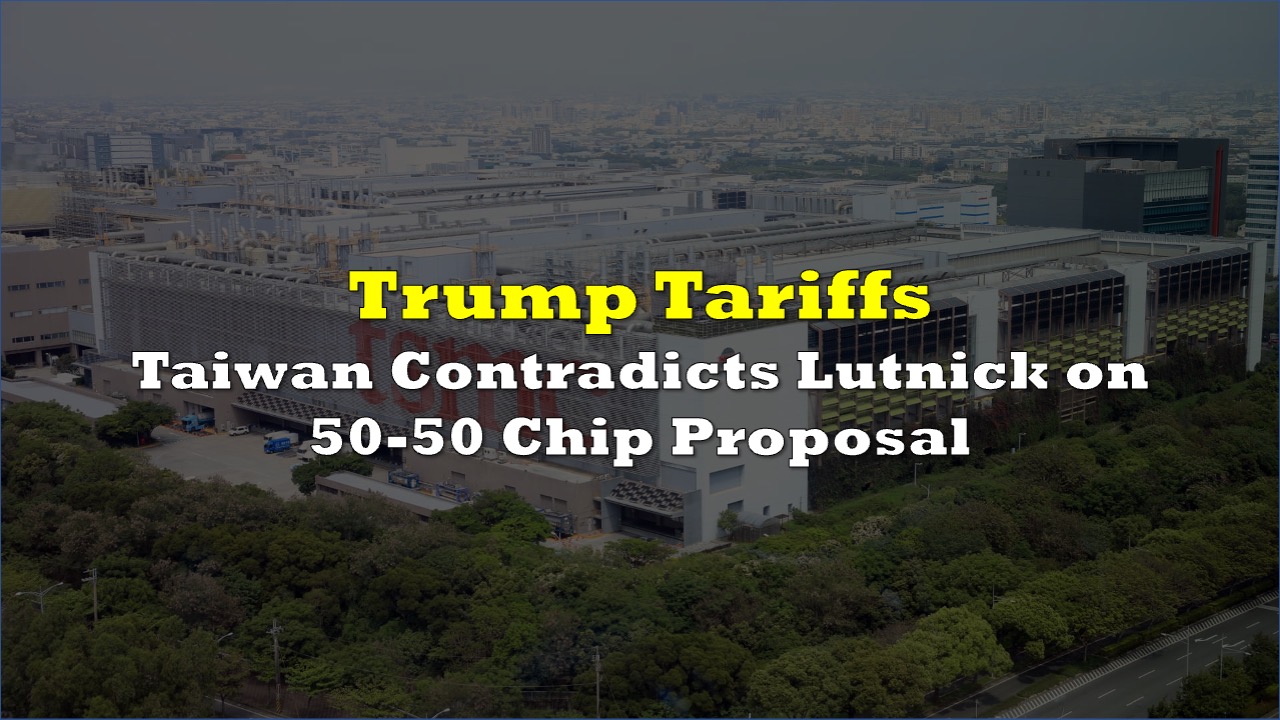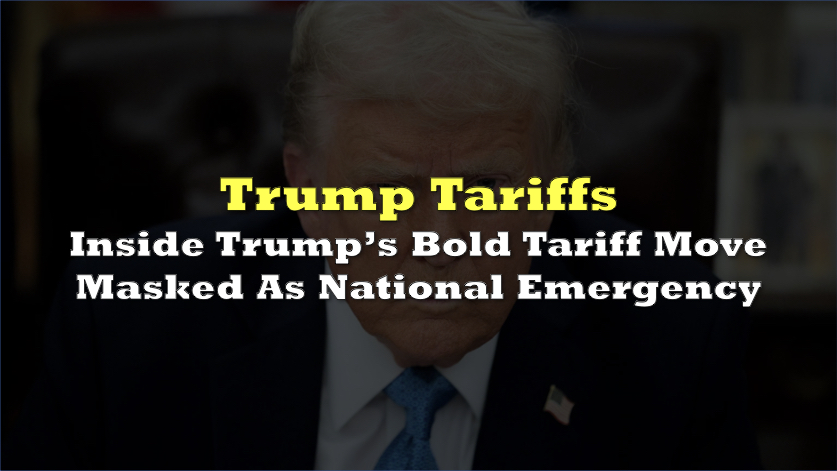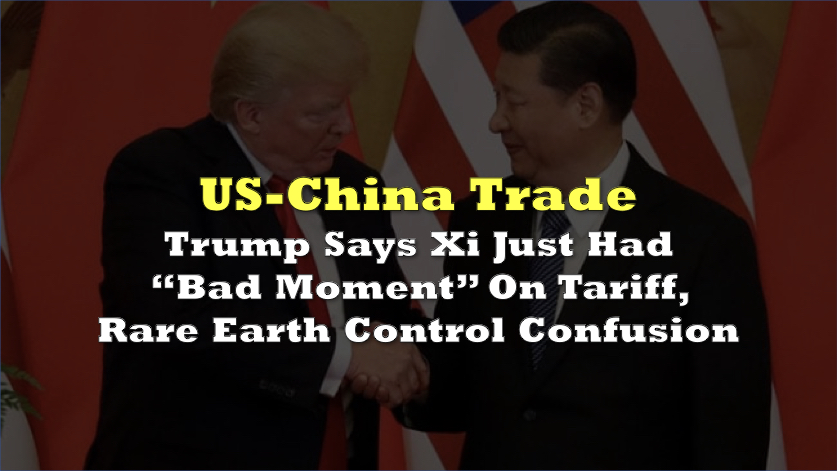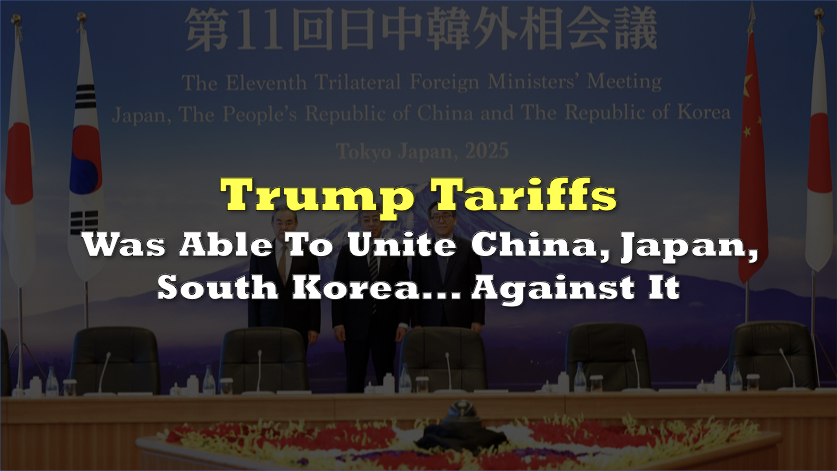Taiwan on Wednesday rejected a US demand to manufacture half of America’s semiconductor supply domestically, flatly contradicting Commerce Secretary Howard Lutnick’s claim that the two sides had discussed the proposal in trade negotiations.
Vice Premier Cheng Li-chiun, Taiwan’s lead tariff negotiator, told reporters that Taiwan “will not agree” to making 50% of its semiconductors in the United States and denied that negotiators ever discussed the proposal during recent trade talks in Washington.
“Our negotiating team has never made any commitment to a 50-50 split on chips,” Cheng said upon returning from the fifth round of negotiations. “Please be rest assured that we did not discuss this issue during this round of talks, nor would we agree to such conditions.”
Lutnick earlier told NewsNation that Washington had pitched the 50-50 split to Taiwan and suggested a deal was imminent. The dispute adds to a growing list of inaccurate or disputed claims by the commerce secretary across various policy areas, including several from recent weeks.
Lutnick’s pattern of disputed claims
Lutnick claimed Taiwan makes “95% of our chips,” but US International Trade Commission data from 2023 shows Taiwan supplies less than half that amount — roughly 44% of logic semiconductors and 24% of memory chips imported by the United States. While Taiwan does dominate production of the world’s most advanced chips at around 90%, Lutnick’s figure dramatically inflates the island’s overall share of American semiconductor imports.
He has also repeatedly moved the goalposts on economic predictions. In July, he posted that “the Trump Economy has officially arrived.” By September, after weaker economic data, he told Axios that “the economy that Donald Trump owns starts at the end of this year.” And then he told CNBC in mid-September that Americans would see the economy “start in ’26 and it’s going to be full fire in ’27,” and claimed “$10 trillion of factories” would be built in America in 2026.
Before the August jobs report, Lutnick claimed without evidence that Bureau of Labor Statistics numbers would become more accurate after Trump fired its commissioner because it would “take out the people who are just trying to create noise against the president.” The conspiracy theory suggested hundreds of federal employees were falsifying economic data. MSNBC noted Lutnick “didn’t provide any evidence” and that his claim would require hundreds of people to conspire without a single whistleblower.
In September, he claimed that seizing a share of university patent revenue would mean “our Social Security system will be paid for” and deficits would be eliminated. The assertion vastly overstates the potential revenue from such a program.
In a July interview on CBS‘s “Face the Nation,” Lutnick claimed tariffs “are going to pay off our deficit.” PolitiFact rated this claim False, pointing to Congressional Budget Office estimates that tariff revenue would generate $2.8 trillion over the next decade — far short of the roughly $22 trillion in deficits projected during that same period.
He has also repeatedly insisted that “businesses” and foreign countries — not US consumers — pay tariffs. Economists widely reject this characterization, explaining that American importers bear the direct cost of customs duties, which businesses generally pass along through higher prices.
In March, Lutnick said there was “no chance” of a recession due to Trump’s economic policies. Later that month, he said tariffs would be “worth it” even if they led to a recession.
The Washington Post in May described Lutnick’s economic commentary as “incoherent and contradictory,” while National Review wrote in April that “the level of incoherence in the Commerce secretary’s case for Trump’s tariffs has been off the charts.”
Taiwan’s ‘Silicon Shield’
Taiwan’s semiconductor industry accounts for over half of global chip production, including approximately 90% of the most advanced processors — a strategic advantage many Taiwanese view as a “silicon shield” that deters Chinese aggression and secures American support. Moving half of production to America would significantly weaken that strategic advantage.
Opposition lawmakers in Taiwan condemned the US proposal as “exploitation and plunder” rather than cooperation.
“No one can sell out Taiwan or Taiwan Semiconductor Manufacturing Co., and no one can undermine Taiwan’s silicon shield,” said Kuomintang Chairman Eric Chu.
TSMC, the world’s largest contract chipmaker, has already committed to invest $165 billion in US facilities in Arizona, though the bulk of its production and most advanced technology will remain in Taiwan. The company declined to comment on the 50-50 proposal.
The United States currently imposes a 20% tariff on Taiwan’s exports as negotiations continue. More than 70% of the island’s exports to the US are information and communications technology products, primarily semiconductors.
Information for this story was found via the sources and companies mentioned. The author has no securities or affiliations related to the organizations discussed. Not a recommendation to buy or sell. Always do additional research and consult a professional before purchasing a security. The author holds no licenses.









